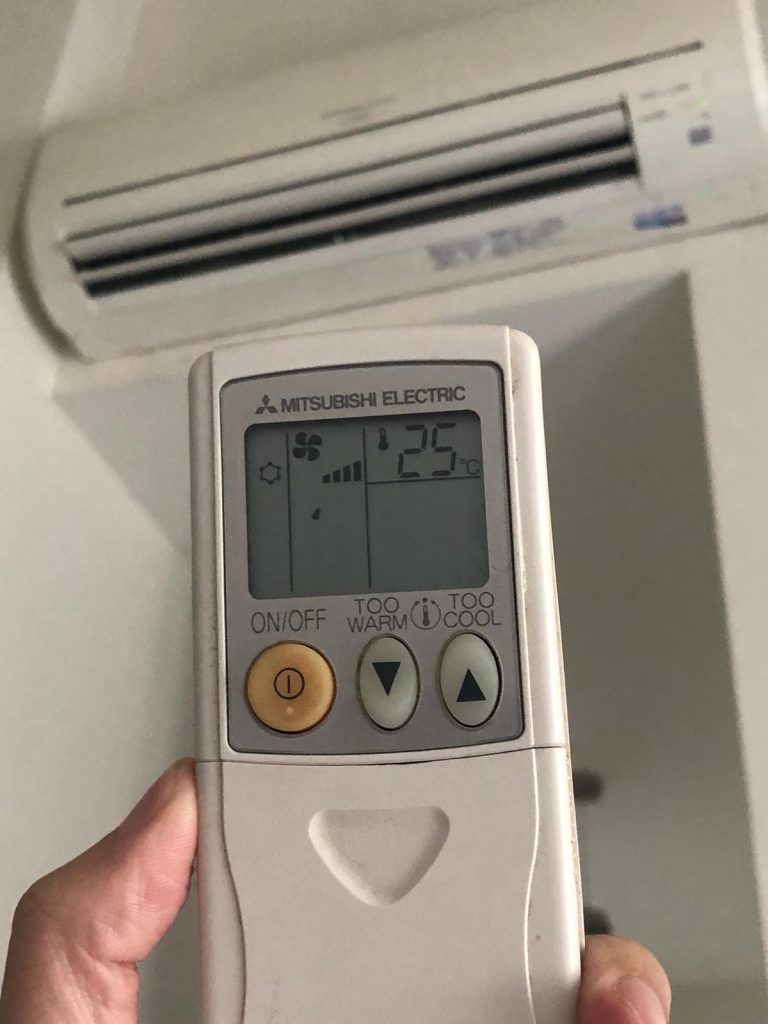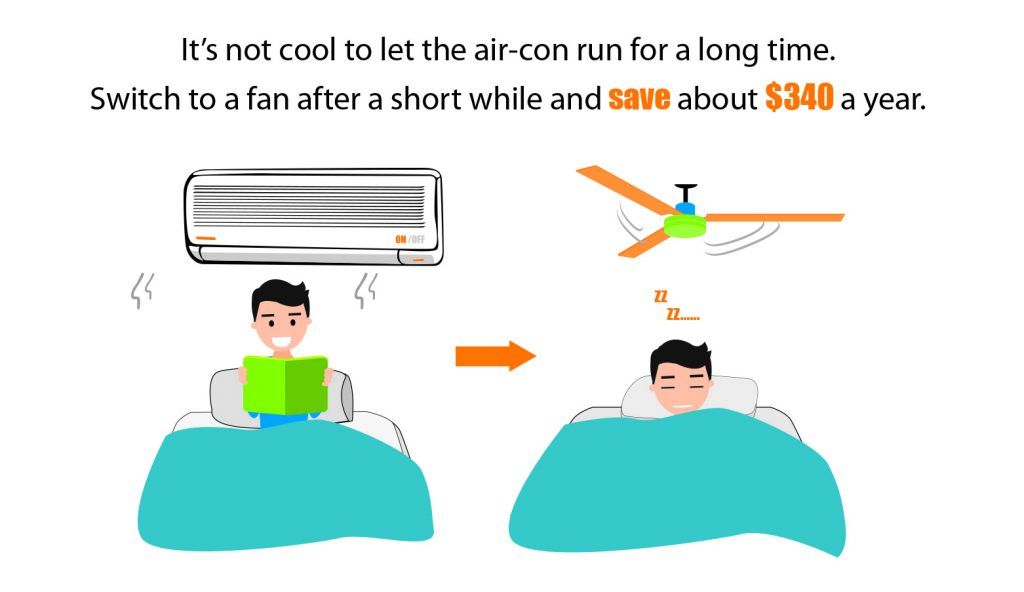Here are six signs that your sleeping pattern is out of whack, and how to improve it.
WE all experience the occasional late night or restless sleep, but when these nights become frequent, it can begin to take a toll on your health and overall well-being.
Britain’s The London General Practice sleep and circadian rhythm specialist Dr Katharina Lederle has outlined six key signs that indicate that your sleep pattern may be offbalance.
She has also shared some helpful tips and tricks on how to reset your routine to help you wake up feeling refreshed.
1. Waking up in the night
Frequently waking up too early or having regular interruptions during the night is a clear sign that your sleep has been disrupted.
“Waking up and going to the toilet once and then falling back asleep within a couple of minutes is fine, but if you are having a lot of toilet trips or just think ‘why have I been awake for such a long period of time’, and then struggle to get back to sleep, that suggests there might be a problem,” she says.
2. Restlessness
“If it takes you longer than 30 minutes to get to sleep on a regular basis, there could be an issue.
“One sign of poor sleep is restlessness – tossing and turning at night,” she says.
“You might not necessarily wake up fully and think I have been tossing and turning a lot, but the next day there may be an awareness of restlessness.
“Or if you have a sleeping partner, they might comment on your restlessness during the night.”
3. Busy mind
A busy mind can be a symptom of a poor sleep schedule, and vice versa.
“Stress can psychologically lead to busy thoughts – worrying about the future and replaying scenes from your day – which can make it harder to get to sleep,” says Dr Lederle.
“Stress can also physiologically lead to raised cortisol levels and a raised heart rate.
“However, what we actually want/need for sleep is the exact opposite. We need relaxation to allow ourselves to let go of everything.”
4. Low mood
Feeling low or down during the day can be another indication that your sleep pattern has been disrupted.
“The resources in the brain are all finite and need to be rebuilt.
“So, if your prefrontal cortex [which plays a crucial role in executive functions and higherorder cognitive processes] is sleep deprived, it can’t fulfil its regulatory role,” explains Dr Lederle.
“This often results in low mood, anxiety and irritability, which can then quite quickly lead to conflict or disagreements.”
5. Struggling to focus
“A lack of motivation and struggling to concentrate are some more signs of disrupted sleep that you may notice during the day,” she says.
“When the prefrontal cortex
nd hasn’t had the chance to rebuild all its resources, concentration can become hard.
“Seeing the bigger picture, attention to detail and switching attention intentionally can also become harder.”
6. Excessive tiredness
Feeling excessively tired throughout the day is likely to be a sign of disrupted sleep or accumulated sleep debt.
“Waking up and still feeling tired and groggy is sleep inertia, which we all experience to some extent.
“But if you repeatedly feel excessively tired without an
explanation, that could indicate a bigger problem,” says Dr Lederle.
Reset your routine
Here are some strategies to help your sleeping pattern get back on track:
>Expose yourself to light in the mornings
“When you wake up in the morning, let the light in and go outside,” she recommends
> Make your bedroom room dark and cool in the evenings
“Try to keep your sleeping environment quiet, dark and cool,” she advises.
Go to bed and wake up at regular times
“It’s okay to have some late nights when we go to the theatre or to a party, but on the whole, it’s important to keep your sleep and wake times as regular as possible,” says Dr Lederle.
> Expose yourself to light in the mornings
“When you wake up in the morning, let the light in and go outside,” she recommends. > Make your bedroom room dark and cool in the evenings
“Try to keep your sleeping environment quiet, dark and cool,” she advises.
> Think about what might be causing your stress
“Identify where your stress is coming from and think about what you can control,” suggests Dr Lederle.
“Think about: how can I recover? How can I let go of my work? How can I relax? How can I get a sense of autonomy or control?”
Engaging in an activity you enjoy before bed can provide a sense of autonomy and control, which may help lower your stress levels and help you drift off to sleep.
“It could be that your goal is to meditate and you start with doing five minutes every evening,” she says.
>Adjust eating times Stay active Seek help
“Eating late or eating sugary foods before bed can impact people’s ability to fall asleep,” she says.
“The general rule of thumb is to try and eat dinner at least three or four hours before you go to sleep.
“Having caffeine in the evening, or drinking too much during the day, can also make it harder to fall asleep.”
>Stay active
“Make sure you are moving throughout the day and try to avoid sitting on a chair for hours on end,” says Dr Lederle.
“Try to do some exercise to help release tension and stress from the body.”
“If we have a stressful event, it’s quite normal to have poor sleep.
> Seek help
“But if you are struggling to sleep for more than two weeks, start to think about what might be impacting your sleep,” she says.
“Then if your sleep hasn’t resolved after that, I would suggest speaking to a specialist.” – PA Media/dpa


















